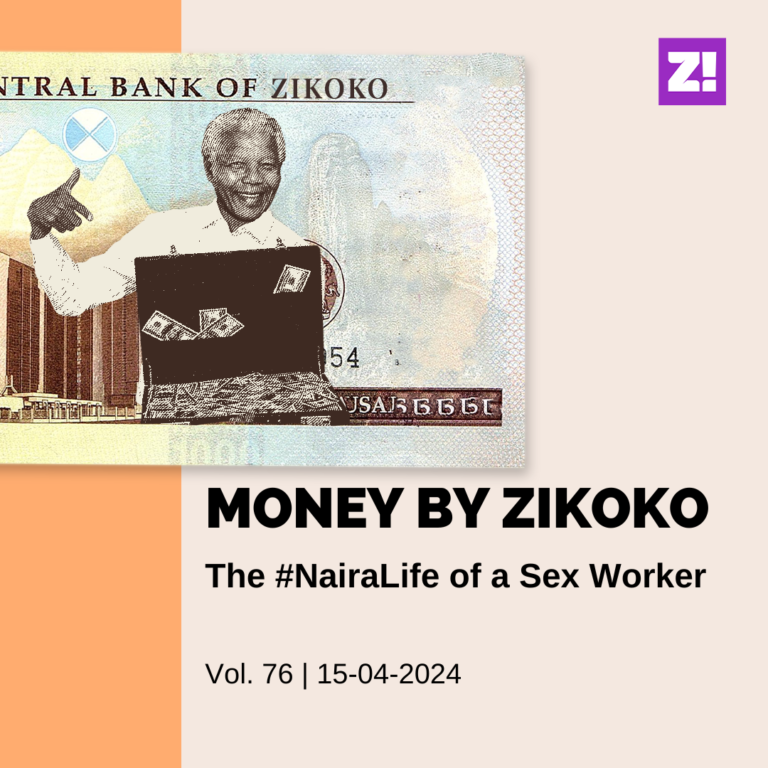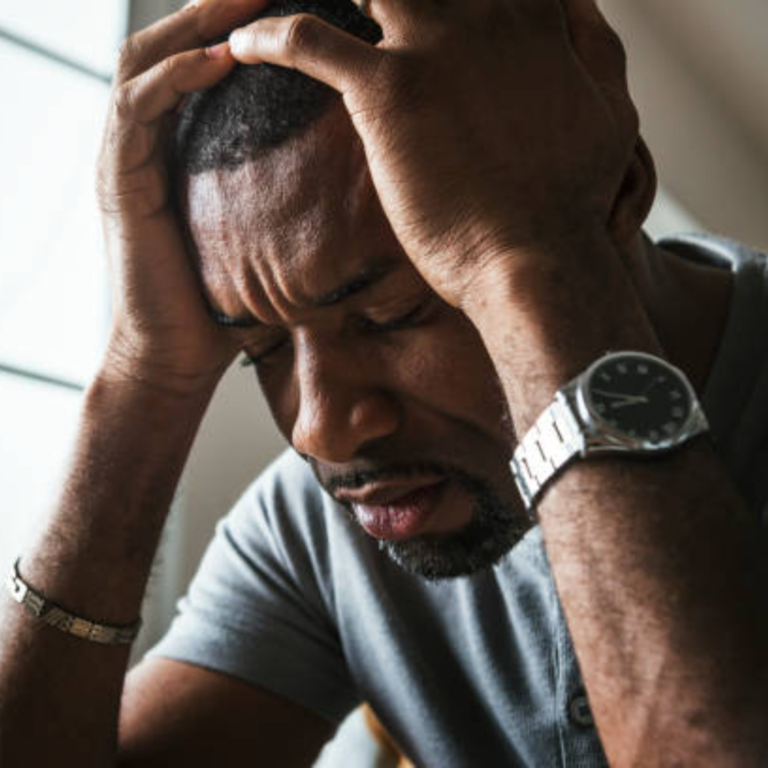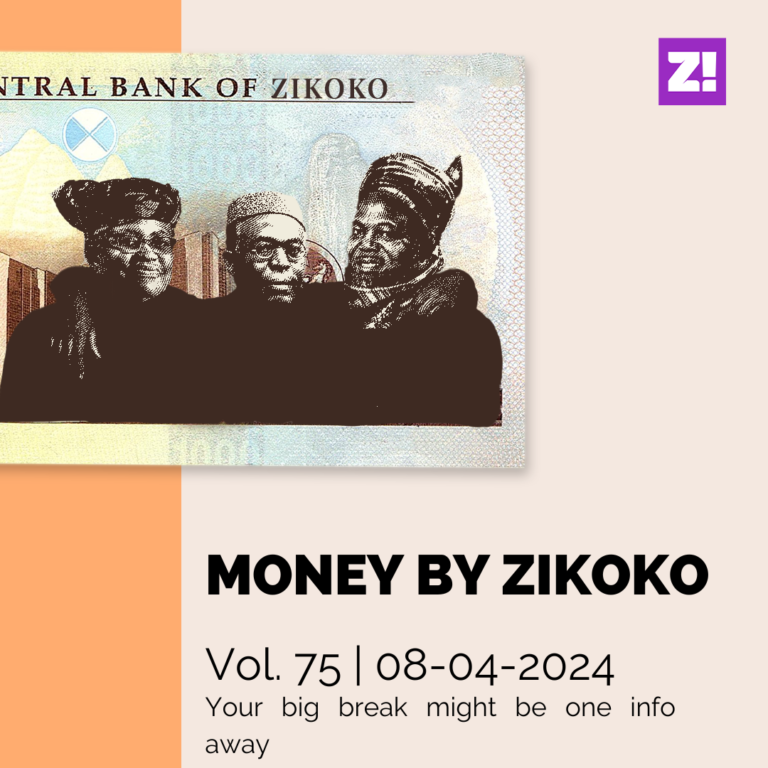Clothing is a basic need. But according to an American financial planner, you should spend 5% of your monthly income on clothing. I wasn’t sure how this works in Nigeria, so I decided to talk to a couple of people on how they shop for clothes and how much they spend.
Tosin, Developer Advocate, 18
Monthly income: ~ ₦1m (Subject to changes in exchange rates)
I shop for clothes once every three months, and my budget is about ₦300k. I’m very big on native wear and they make the bulk of my wardrobe. A visit to the market for the material usually cost me between ₦30k and ₦40k. For my shirt, joggers, and hoodies needs, I shop from an online store because I know the owners. I spend some ₦20k-₦40k at a time on this. My shoes take most of the budget. I mostly wear handmade shoes, and I spend between ₦80k-₦100k on them.
My income has grown x10 in the last year, and it’s influenced how I shop for clothes. Prior to this, I used to shop once every six months and go for things that won’t bite into my account too much. My budget at the time was always ₦50k. I think my current clothing budget is the right amount. It’s resizable and if there’s anything left, it either goes home or to my investments.
Chidera, Youtuber, 25
Monthly income: ₦180k
I wear the same sets of clothes for at least three years, so I rarely buy new ones. When I do, I don’t go for expensive clothes. For the most part, I go for Okrika, and my budget each time is ₦20k or less. I’d rather spend money on food, to be honest. But when I earn more money or buy into an ICO, I will definitely spend more money on clothes. There’s a leather jacket I’ve wanted for the longest time.
Mary, Digital Strategist and Sales Manager, 31
Monthly income: ₦700k – ₦900k
I buy at least one clothing item every month, but I don’t go over ₦20k per item. My budget increases on the rare occasion I do bulk shopping, but I also make sure it doesn’t go over ₦50k.
My shopping behaviour depends on my needs. I attend a lot of social and work events, and I shop for such clothes at boutiques because I can try them on first and see what I look like before buying. I buy from online stores on Instagram too. I’m a bit of a spontaneous person, so if I see an outfit on Instagram and I love it, I place an order for it even if I have nowhere to wear it to.
There are some clothing items you can’t find on Instagram or in fancy boutiques. Eko market covers that bit for me. However, I rarely go to the market because it can be so stressful and sometimes risky.
I don’t spend as much as I used to on clothes. I’ve realised how quickly they go out of fashion, and for someone who is super conscious about her look, it doesn’t make sense to buy a lot of it. Besides, I’m working on a project running into thousands of dollars, so every penny I earn needs to be spent wisely. Now, I just buy clothes based on my needs and have learned to re-rock my clothes and turn down events that will require too much clothing effort.
Malik, 23, Freelance Web and Product Designer
Monthly income: ₦0- ₦150k
My income is not stable, so I don’t spend money on things I don’t really need. Clothes fall into this category. The last time I bought new cloth was December 2020, and I had to because a friend was getting married.
In months I get more jobs than I expect and make more than I usually do, I’m more open to shopping for new clothes. I prefer going to physical stores and after a couple pairs of jeans and some round necks, I’m done. All of this doesn’t cost me more than ₦30k. This works because I don’t crave things I can’t afford.
Do I think I have enough clothes? Well, my wardrobe is not so big but I have clothes I’ve not worn in about two months.
Tolu, Brand and Communication Professional, 31
Monthly income: ₦330k
I shop for clothes based on how I feel. Once I see an item I like, I go for it. Sometimes, it’s every week. At other times, it’s once a month. I don’t stick to a budget, but I spend between ₦20k and ₦40k every time I buy something new.
I don’t have the time to go to stores or boutiques, so I use Instagram vendors. I’m not loyal to any store though. I don’t do bulk shopping either — I imagine I’m too broke for that.
I used to buy directly from ASOS and have them shipped to Nigeria for a small fee. But things have changed, and I blame Buhari. I’d have to buy items worth £100 to get free shipping to Nigeria, which is a lot when you think about the exchange rate. Now, I use a personal shopper to get by. I send them a link to the item(s) I want, they buy it, add their 25% cut on it and deliver it to me.
I believe I spend within my limits. I’m likely to gift myself a designer item when my income increases, and it will be a one-off purchase. I’m hoping to close my eyes one day and buy a Ted Baker dress or Kat Maconie heels. The latter will cost me about £250. I could faint if I convert it to Naira, so I won’t do that.




